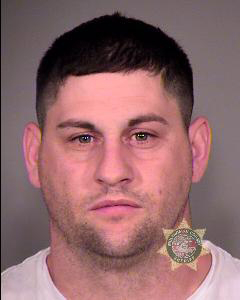Federal agents and representatives from the Clark-Vancouver Regional Drug Task Force raided a Hazel Dell warehouse Wednesday as part of a nationwide operation to combat the production and sale of synthetic drugs.
The operation, called Log Jam, resulted in the arrest of more than 90 people and the seizure of 5 million packets of finished drugs and more than $36 million in cash nationwide. The objective was to take out drugs that are sold in retail stores, head shops and over the Internet as bath salts, spice, incense or plant food.
The warehouse, A&J Distribution at 1321 N.E. 76th St. Suite A, was searched along with another A&J location and a private home in Tigard, Ore.
Joshua P. Becker, 32, of Tigard was arrested in connection with the searches. He was arraigned Wednesday in federal court in Oregon and will be sent to Idaho to make appearance in federal court on Aug. 1.
The Hazel Dell and Tigard locations were connected with 14 other search warrants served in Idaho, according to the U.S. Attorney’s Office. Five people were indicted in relation to the Idaho searches.
Local drug task force Cmdr. Mike Cooke said there were no local arrests in connection to the raid.
If convicted, defendants face up to 20 years in prison, a $100,000 fine and a minimum three years of supervised release.
Cooke said the synthetic drugs are often sold as potpourri, but “it’s just a cover.” The drug is smoked just like marijuana. It is manufactured by spraying a chemical concoction onto benign vegetable matter, Cooke said.
“These products have become increasingly popular, particularly among teens and young adults and those who mistakenly believe they can bypass the drug testing protocols that have been set up by employers and government agencies to protect public safety,” a DEA release said.
The drugs are not specifically prohibited, but the Controlled Substance Analogue Enforcement Act allows the drugs to be treated as controlled substances if they are proven to be chemically or pharmacologically similar to one, the DEA said.
Paul Suarez: 360-735-4522; http://www.twitter.com/col_cops; paul.suarez@columbian.com.



